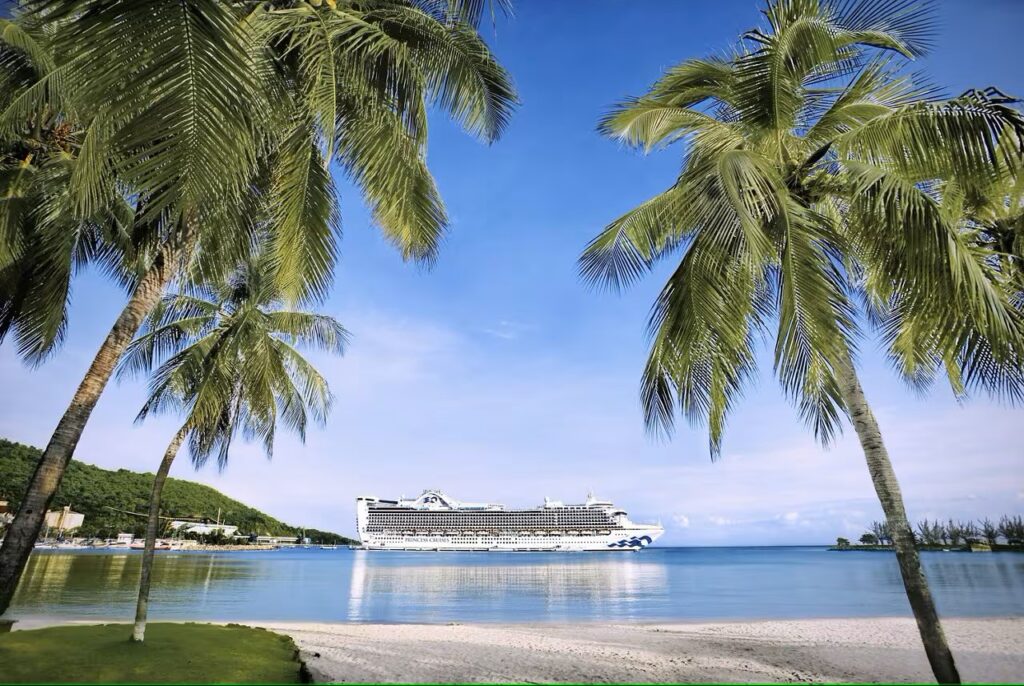With Netflix’s new documentary Trainwreck: The Poop Cruise causing a stir, Global Work & Travel’s Travel Expert Jessie Chambers reveals the hidden realities of life at sea that many cruisegoers never hear about before setting sail.
While millions board cruise ships each year dreaming of cocktails on deck and island-hopping adventures, few realise the strange – and sometimes shocking – systems quietly operating behind the scenes.
Global Work & Travel shares five of the most surprising secrets from the cruise world:
There Are Jails Onboard
Most cruise ships have a brig – a secure jail-like room – to detain unruly or dangerous passengers until they can be removed at the next port. From drunken fights to theft and harassment, it happens more than you’d think.
Cruise Ship Morgues Are Real
With an older average passenger age, it’s not uncommon for deaths to occur onboard. That’s why most cruise liners are equipped with morgues that can hold multiple bodies until the ship reaches land.
Burials at Sea Still Happen
In rare cases, families request burials at sea – a practice that still exists under strict regulation. Some passengers even pre-plan their final voyage, ashes included.
The ‘Code System’ Staff Use to Signal Emergencies
Ever heard “Code Alpha” or “Code Oscar” over the PA system? That’s no quiz game. Cruise staff are trained to use discreet codes to flag medical incidents, man overboard alerts, or even biohazard events like mass vomiting (just like in the Trainwreck doc).
Not All Ports Welcome You – Even If You’ve Paid
If your ship has a health issue onboard or if weather turns, your long-awaited stop can be axed with zero compensation. This has happened countless times post-COVID.
Jessie Chambers, Travel Expert at Global Work & Travel, comments: “Cruises are brilliant fun – but they’re also floating cities, and that means everything from crime to chaos has to be accounted for. The Trainwreck: Poop Cruise documentary might seem extreme, but outbreaks, delays, even onboard arrests are all part of the behind-the-scenes reality. It’s important travellers know what they’re signing up for – not to scare them, but to empower them.”


